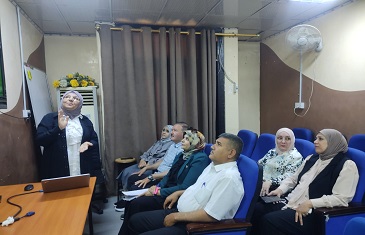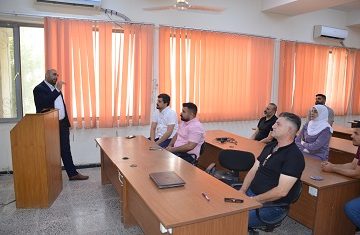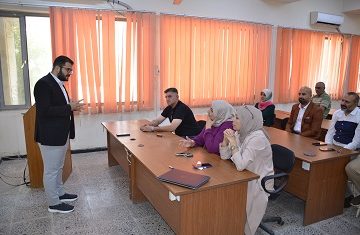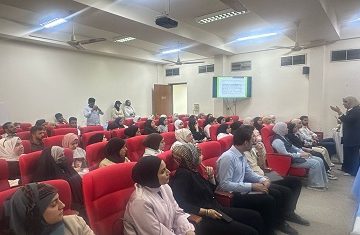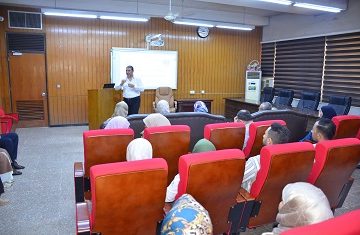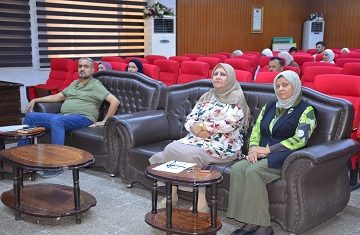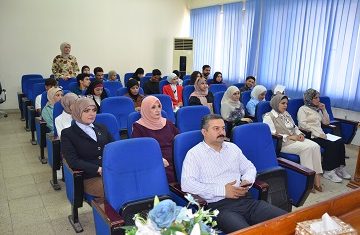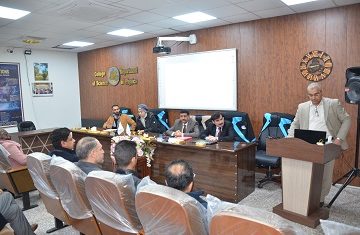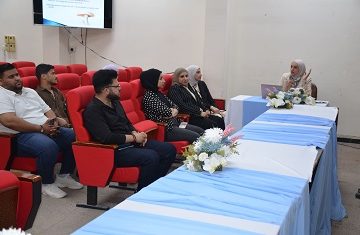From storage silos to the breakfast table, an unseen threat known as “Ochratoxin” can infiltrate our food supply. While the name may be unfamiliar, this stealthy fungal byproduct finds its way into coffee, dried fruits, wine, and grains, entering our everyday meals without any discernible taste or smell. Under a microscope, it may appear unremarkable, yet it launches a covert attack within the body: undermining kidney health, weakening immune defences, and embedding carcinogenic signals deep within fragile cells. Regulators are raising the alarm, but global oversight remains inconsistent, allowing entire shipments to cross borders without scrutiny.
A fascinating lecture at the Tropical Biological Research Unit at the University of Baghdad College of Science addressed this urgent issue. Dramatic real-world recalls and late-night withdrawals, which have resulted in substantial financial losses and the endangerment of millions, captivated the audience. Rigorous lab investigations revealing chromatographic traces, biomarker spikes, and microscopic renal damage translated abstract toxicology into stark reality. The momentum built as practical solutions emerged: precision harvesting, airtight storage, rapid on-site testing, blockchain-supported traceability, and empowered consumer choices. The session concluded with a compelling call to action: attend, absorb the science, and advocate for safer supply chains.
In just one hour, participants discovered how rethinking sourcing, storage, and serving practices could protect families, enhance reputations, and bolster public health for years.

